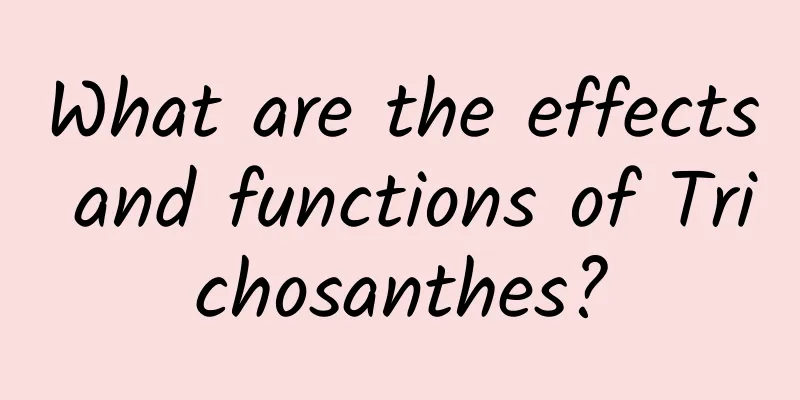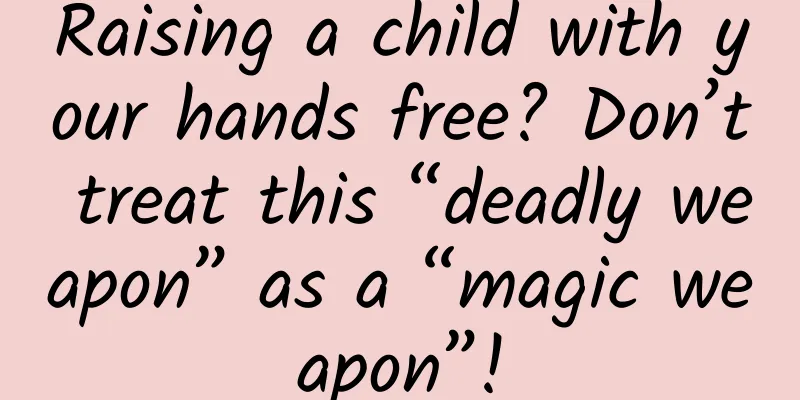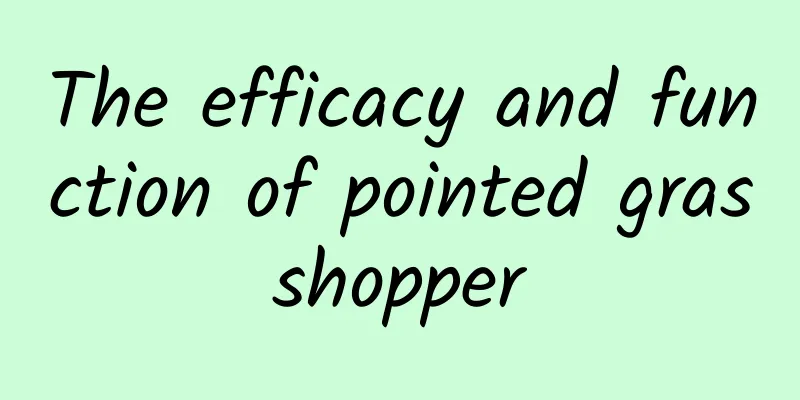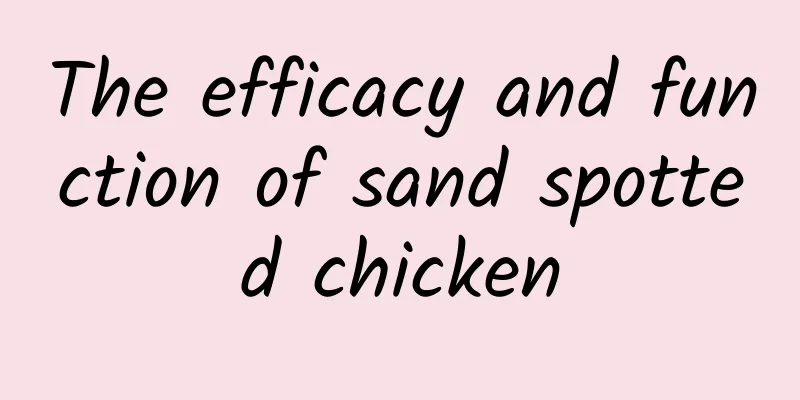How to communicate with people you don’t know well enough? Learn “weak ties” to make your life better

|
As a member of a busy life, we need to have various interpersonal communication every day, whether it is necessary or not. According to statistics, we have dozens of interactions with people we know but don’t know very well every week. In some communications, you don’t even know the other person’s name from beginning to end. These superficial general communications with “half-acquainted” people are what sociologists call “weak ties”. Communicating with people you are “half-acquainted with” is actually a theory? Yes, this kind of shallow communication is indeed a theory, called the "weak tie" theory, and it has a profound impact on our sense of happiness. The weak tie theory believes that the ordinary communication with those "semi-familiar" people in your daily life may have a more positive impact on your mental health than the communication with close friends. These "semi-familiar" people may be your colleagues, old classmates in the past school, members of the same social group, or just people you met on the subway in the morning, restaurant waiters who you can chat with, cashiers at the counter, etc. Can “weak ties” make you happier? A recent study on social relationships pointed out that these weak or occasional social contacts play a decisive role in promoting happiness and mental health. Researchers found that older people with many "weak ties" have more positive emotions and reduce the incidence of depression in the elderly, while also preventing cognitive and memory decline in the elderly. For young people, "weak ties" are also very important. A similar study on college students found that students who interact more frequently with "weak ties" in society will feel happier, less lonely and less stressed in school life, and have a stronger sense of belonging. Conclusion To sum up, no matter what age you are, learning to cultivate "weak ties" is a reliable way to improve your mood, promote happiness, and even move up the career ladder. If you can proactively chat with the barista the next time you go to a coffee shop, or talk to the waiter about life in a friendly way when you go out to eat, it will make your life experience better. References: 【1】Pan 30955345. 【2】Sandstrom GM, Dunn EW. Social Interactions and Well-Being: The Surprising Power of Weak Ties. Pers Soc Psychol Bull. 2014 Jul;40(7):910-922. doi: 10.1177/0146167214529799. Epub 2014 Apr 25. PMID: 24769739. |
Recommend
Because of it again! A girl was admitted to the ICU with a skull fracture. Don’t use this “deadly internet celebrity jewelry” anymore
For girls with long hair, the most indispensable ...
Ah? This pavilion can make it rain by itself?
Did you know that there is an interesting pavilio...
Is King Solomon's treasury located in the Solomon Islands?
The Solomon Islands were formed in the Cretaceous...
The efficacy and function of Momordica root
Momordica root is a common Chinese medicine in cl...
Snowfall! Rainfall and cooling! Severe convection is coming. How can we prevent it?
Large-scale rain and snow weather is coming! Heav...
The efficacy and function of wolfsbane [picture]
The Chinese medicine Wolfsbane [picture] is a ver...
The sun just erupted an X-class flare. What impact will it have on the earth?
X-flares are the most powerful solar flares. The ...
The efficacy and function of wild peanuts
Wild peanut is a very common Chinese medicine and...
This weekend, the temperature in many places dropped by more than 10℃! The risks under the "snow white" cannot be ignored!
The Northern Temperature Downhill Race has begun!...
Shandong, why does it look like two provinces?
When talking about Shandong , our impression of i...
A man suddenly had an epilepsy in the middle of the night. Was it because he had a worm in his brain?
It is hard for people to imagine that parasites c...
Don't buy it anymore! The flower you bought may be a national second-level protected plant! Be careful of breaking the law
Expert of this article: Rong Hai, plant science w...
What are the signs of sudden death that can kill people in a matter of minutes? And how can we prevent it?
In recent years, there have been more and more ne...
5.5G is here! What changes will the extra 0.5 bring? Do I need to change my phone?
Editor: Sunny Morning Recently, the world's f...









